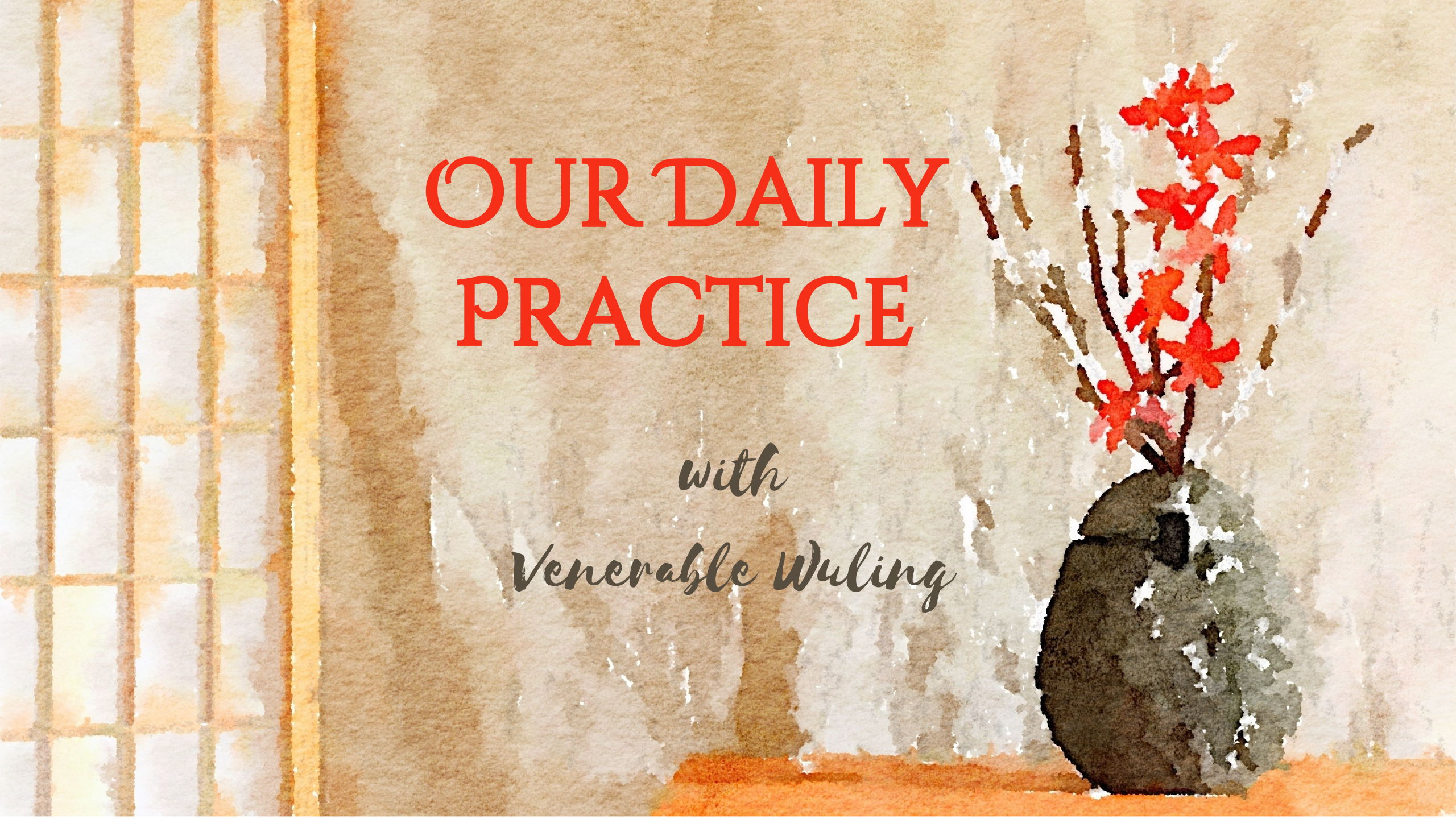 July 1, 2018
July 1, 2018 Being caught up in judging what seems to be,
we miss what really is.
Remember those blind men who were each taken to a different part of an elephant: its head, an ear, a tusk, its trunk, its stomach, a foot, its tail, and the tuft of its tail?
Asked to describe the elephant, each man announced what it resembled: a pot, a basket, a plowshare, a plow, a storehouse, a pillar, a pestle, and a brush. We can only imagine that as each man proclaimed what an elephant was like, he must have wondered what on earth the others were talking about.
But each man, knowing what he had experienced in examining the elephant, only became even more insistent that he was right. All the others had to be wrong. And so, instead of sharing what they had learned and discussing among themselves why they had reached such different opinions, they began to fight amongst themselves.
When we, like those men, become adamant that we know all that needs to be known and close our mind to others, we too run the serious risk of missing what really is.
 June 25, 2018
June 25, 2018 Learning to practice
as awakened beings do.
At some point in our practice of Buddhism, we will want to work on developing our bodhi mind, the mind of understanding and compassion.
How?
We could practice the bodhisattvas’ six paramitas of giving, morality, patience, diligence, meditative concentration, and prajna wisdom.
Wow! Where would we even begin?
An excellent place is the sutras and their commentaries. Or we could study the more recent, and often easier to understand, works of Buddhist masters. Prefer even more modest sources? We could observe and then emulate those who already practice the paramitas.
Alternatively, we could come at this from the opposite direction and observe those who are behaving contrary to the paramitas. While these bad examples won’t show us what to do, they can teach us what not to do.
And they can inspire us to work much harder as they show us the kind of person we could become when we fail to practice.


